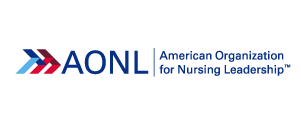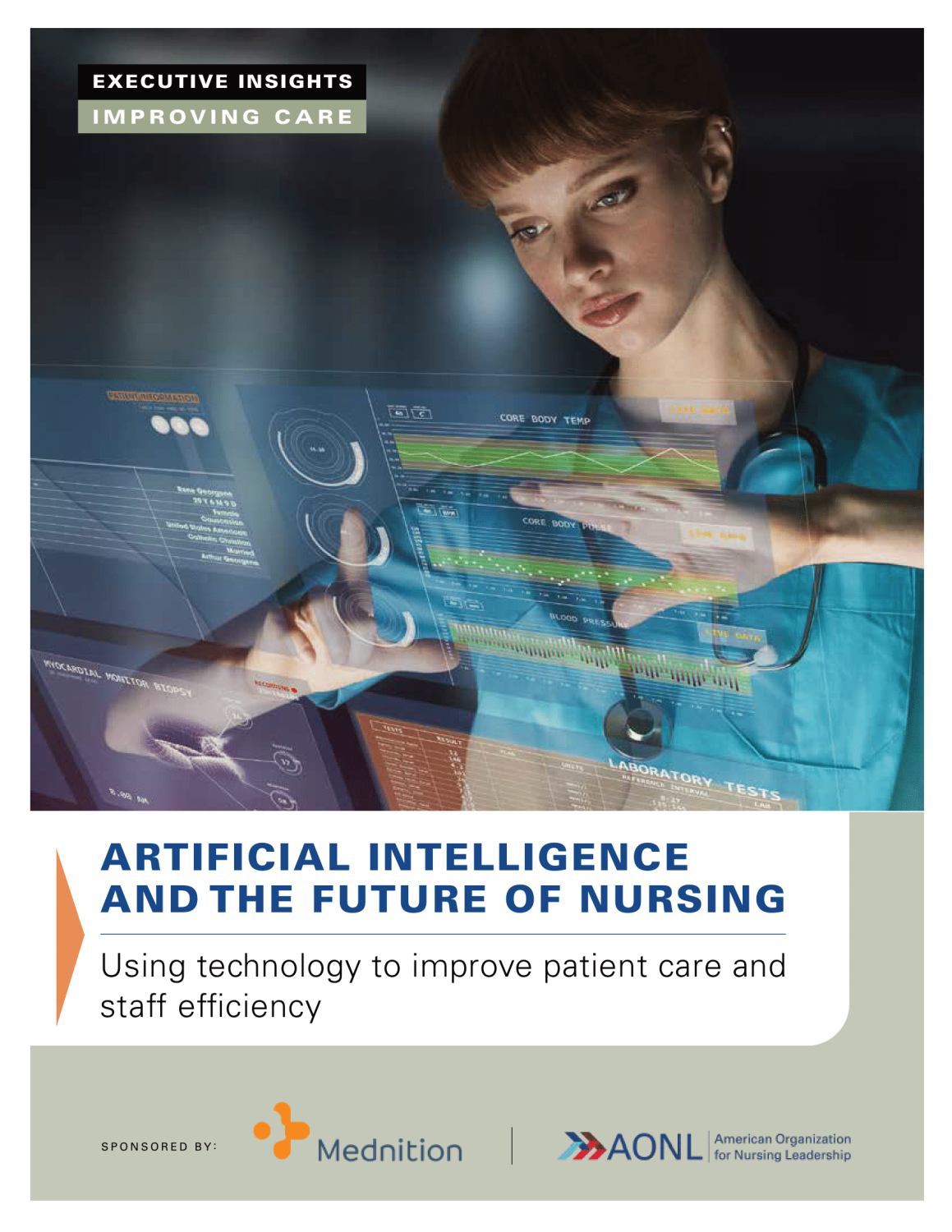
Artificial Intelligence and the Future of Nursing
Using technology to improve patient care and staff efficiency
SponsoredArtificial intelligence, predictive analytics and remote monitoring tools hold great promise in health care. Some of these tools go a long way in supporting clinicians, especially during the pandemic. However, the wrong tool can easily overburden nurses with unnecessary alerts, and some models need to be continuously updated to remain helpful. This virtual executive dialogue convened nurse executives to share their insights on best practices for the evolving role technology plays in augmenting and supporting nursing practice in 2022 and beyond.
This executive dialogue will highlight key findings on:
- When choosing new AI tools, clinical leaders benefited most from simple, easy-to-use software that could fit easily into their current nursing workflow rather than tools that placed added administrative burdens on caregivers.
- To avoid overwhelming clinicians, some leaders reconsidered their informatics structures and meticulously analyzed and retooled their AI models.
- Remote monitoring tools have helped resource-strapped hospitals monitor patients and redeploy nurses as needed, and some leaders find that artificial intelligence (AI) tools have helped with nurse retention.
- While AI and predictive analytics tools can help clinical teams anticipate risks in specific populations and can forecast patient surge, they do not replace nurses’ critical thinking.
Sponsored by


Strategies For Reimagining Health Care
AHA Transformation Talks
Learn more about Connected Care: Improving the Health Care Ecosystem and download the white paper or framework.
Key Resources
Related Resources
Sponsored White Papers
Beyond the Needle: Learn how a unifying cutting-edge technology with improved care models can transform vascular access
Sponsored White Papers
A Southeastern health system stabilized staffing, reduced premium labor, and built a long-term RN pipeline using an international workforce strategy.
Sponsored White Papers
This white paper explores four strategic ways in which research databases empower clinical educators and nursing leaders to accelerate a healthcare…
Sponsored White Papers
Nurse scheduling is no longer just an operational task, it's a strategic lever for improving staff satisfaction, reducing burnout, and building a…
Other Resources
AACN has partnered with the American Organization for Nursing Leadership (AONL) to announce the release of a new playbook to guide academic and…
Sponsored White Papers
While 74% of hospital leaders believe virtual care will play an important role in care delivery, most hospitals remain in the early stages of…



